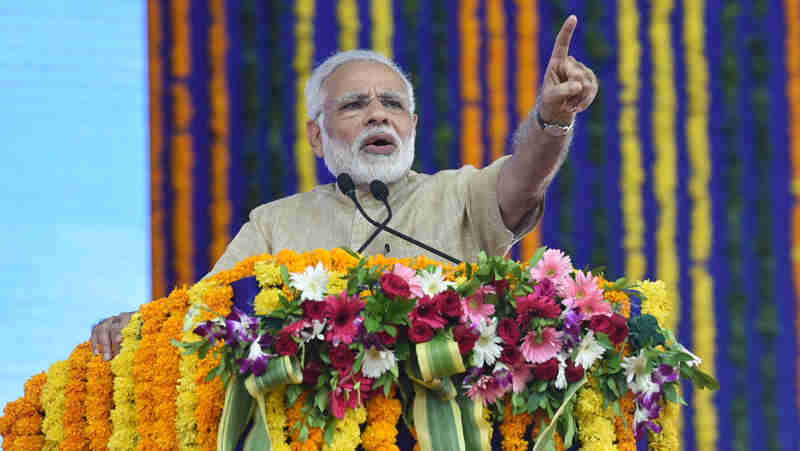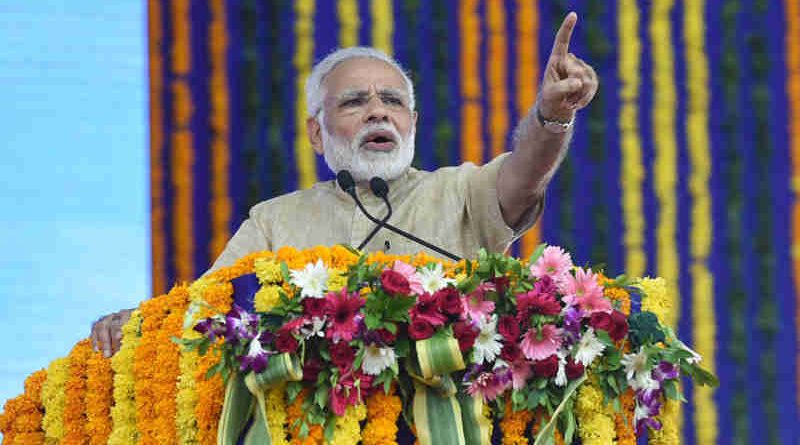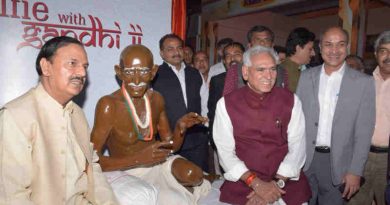IMF Observes Economic Crisis in India. Abhijit Banerjee Says Indian Economy Is Doing Badly

The International Monetary Fund (IMF) has cut its growth projection for India to 6.1% for the current fiscal from its July forecast of 7%, suggesting that India should opt for further monetary policy easing and broad-based structural reforms to reverse a cyclical demand slowdown.
“In India, growth softened in 2019 as corporate and environmental regulatory uncertainty, together with concerns about the health of the non-bank financial sector, weighed on demand,” IMF said in its biannual World Economic Outlook (WEO).
Meanwhile, Abhijit Banerjee, who has been awarded this year’s Nobel Prize for Economics (along with his wife and fellow MIT professor Esther Duflo and Harvard’s Michael Kremer), said the Indian economy is doing very badly.
He cited the dip in National Sample Survey (NSS) data of average consumption in urban and rural India between 2014-15 and 2017-18. “This is the first time such a thing has happened in many, many, many many years. That’s a glaring warning sign,” he added.
Banerjee also opined about the perpetual controversy in India over the economic data and numbers, as the government dismisses data that shows its bad performance. He criticized the government, saying that the Indian government considers as “wrong” all data that is “inconvenient to it”.
IMF chief economist Gita Gopinath said the Indian government needs to do a lot more, including cleaning up the balance sheets of commercial banks, to ward off the negative impact on growth from financial vulnerabilities.
“On the fiscal side, there have been some recent measures including the corporate tax cut. There has been no announcement on how that will be offset through revenues at this point. So, the revenue projections going forward look optimistic. But it is important for India to keep the fiscal deficit in check,” she suggested.
💛 Support Independent Journalism
If you find RMN News useful, please consider supporting us.




